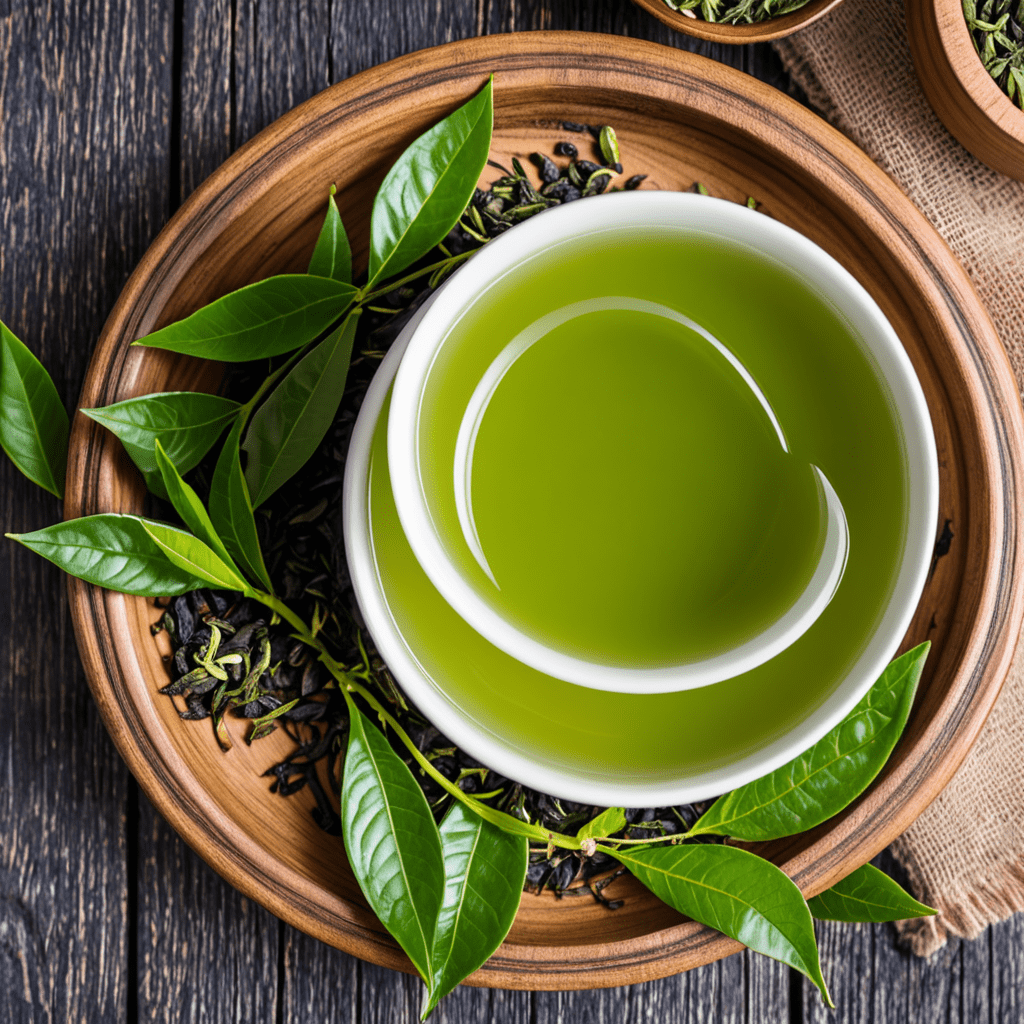Chai Tea: An Overview
Chai tea, a beloved beverage with origins in India, has gained immense popularity worldwide for its distinct flavor and purported health benefits. Brewed using a blend of black tea, aromatic spices, and milk or milk alternatives, chai tea offers a symphony of flavors and health-promoting compounds.
Nutritional Profile of Chai Tea
Chai tea is a rich source of antioxidants, including catechins, theaflavins, and thearubigins, which combat free radicals and protect against oxidative damage. It also contains vitamins, minerals, and essential oils, including caffeine, which provides a mild energy boost.
Antioxidant Properties of Chai Tea
Chai tea is a potent source of antioxidants, particularly catechins. These antioxidants have been shown to neutralize free radicals, unstable molecules that can contribute to aging and chronic diseases. Studies suggest that regular consumption of chai tea may reduce the risk of developing certain types of cancer and neurodegenerative disorders.
Anti-Inflammatory Benefits of Chai Tea
Inflammation is a natural response to injury or infection but chronic inflammation can contribute to various health issues. Chai tea contains compounds with anti-inflammatory properties, such as ginger and cinnamon, which may help reduce inflammation throughout the body.
Cardiovascular Health and Chai Tea
Chai tea supports cardiovascular health by improving blood flow and reducing inflammation. The antioxidants in chai tea may help protect blood vessels from damage and reduce the risk of heart disease. Additionally, the black tea in chai contains theaflavins, compounds that have been shown to lower blood pressure and improve cholesterol levels.
Digestive Health and Chai Tea
Chai tea may aid digestive health by stimulating bile production, which helps break down fats. Additionally, the ginger in chai tea has anti-nausea and anti-inflammatory properties, which can soothe gastrointestinal distress.
Immune System Support with Chai Tea
Chai tea contains spices such as cloves, cinnamon, and cardamom, which have antimicrobial and antiviral properties. These spices may help boost the immune system and fight off infections.
Blood Sugar Regulation and Chai Tea
Studies suggest that cinnamon, a common ingredient in chai tea, may help regulate blood sugar levels. Cinnamon slows down the absorption of sugar into the bloodstream, which can help prevent spikes in blood sugar levels.
Cognitive Function and Chai Tea
Chai tea may support cognitive function by improving blood flow to the brain. Caffeine, present in black tea, has been shown to enhance alertness and focus. Additionally, spices like cloves and cinnamon have neuroprotective properties that may help protect against age-related cognitive decline.
Other Potential Health Benefits of Chai Tea
In addition to the benefits listed above, chai tea may also offer the following health benefits:
Pain relief: The anti-inflammatory properties of chai tea may help reduce pain from headaches, muscle aches, and menstrual cramps.
Mood enhancement: The spices in chai tea have mood-boosting properties. Cinnamon, in particular, has been shown to have antidepressant effects.
Skin health: Chai tea contains antioxidants that may help protect the skin from damage caused by free radicals.
FAQs
Q: Is chai tea a healthy beverage to consume on a regular basis?
A: Yes, chai tea can be a healthy addition to a balanced diet due to its antioxidant, anti-inflammatory, and other health-promoting properties.
Q: How often is it safe to drink chai tea?
A: Moderate consumption of chai tea, around 2-3 cups per day, is generally considered safe for most people.
Q: Can chai tea help with weight loss?
A: While chai tea may support weight loss in some individuals by enhancing metabolism and suppressing appetite, it is not a magic solution for weight loss. Weight loss requires a combination of a healthy diet, regular exercise, and lifestyle changes.


